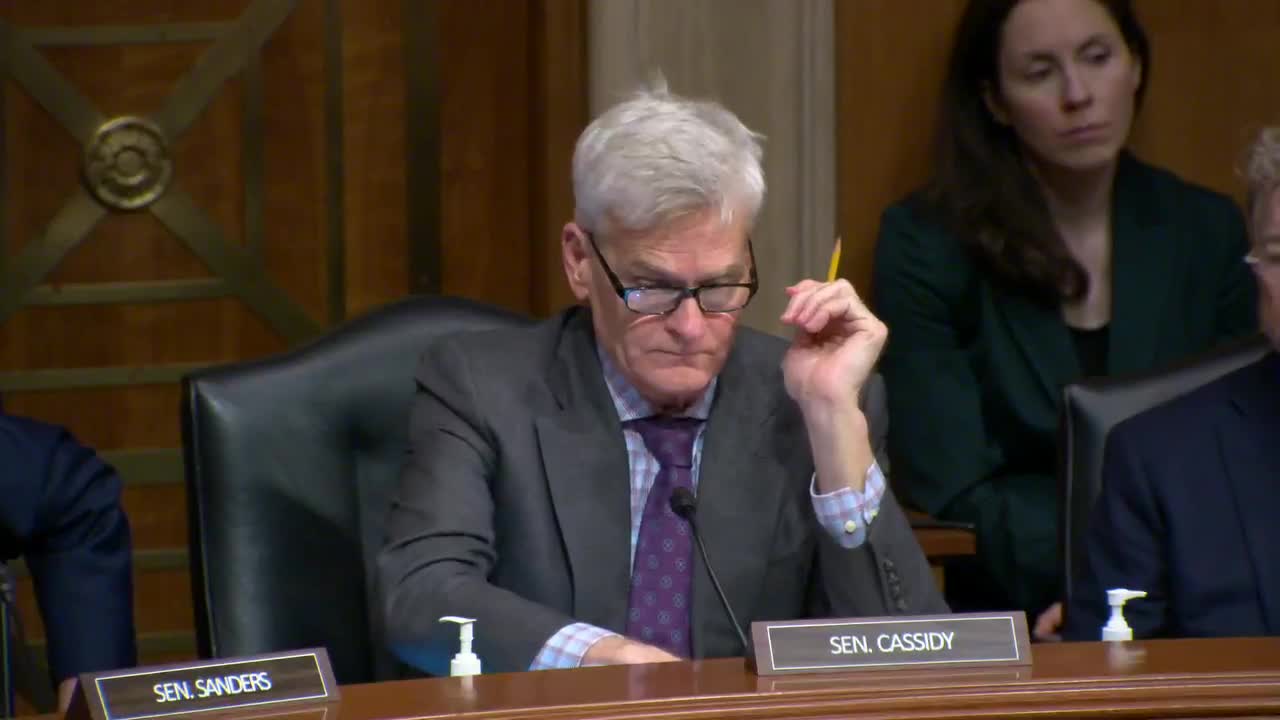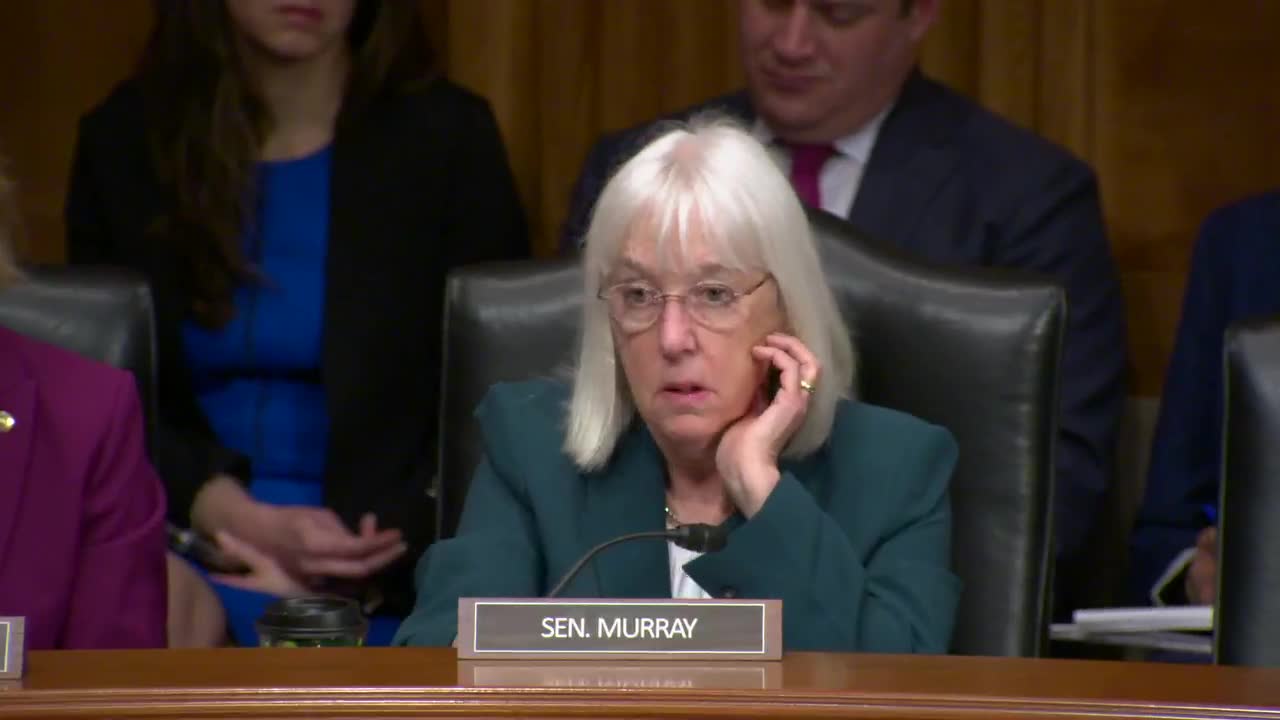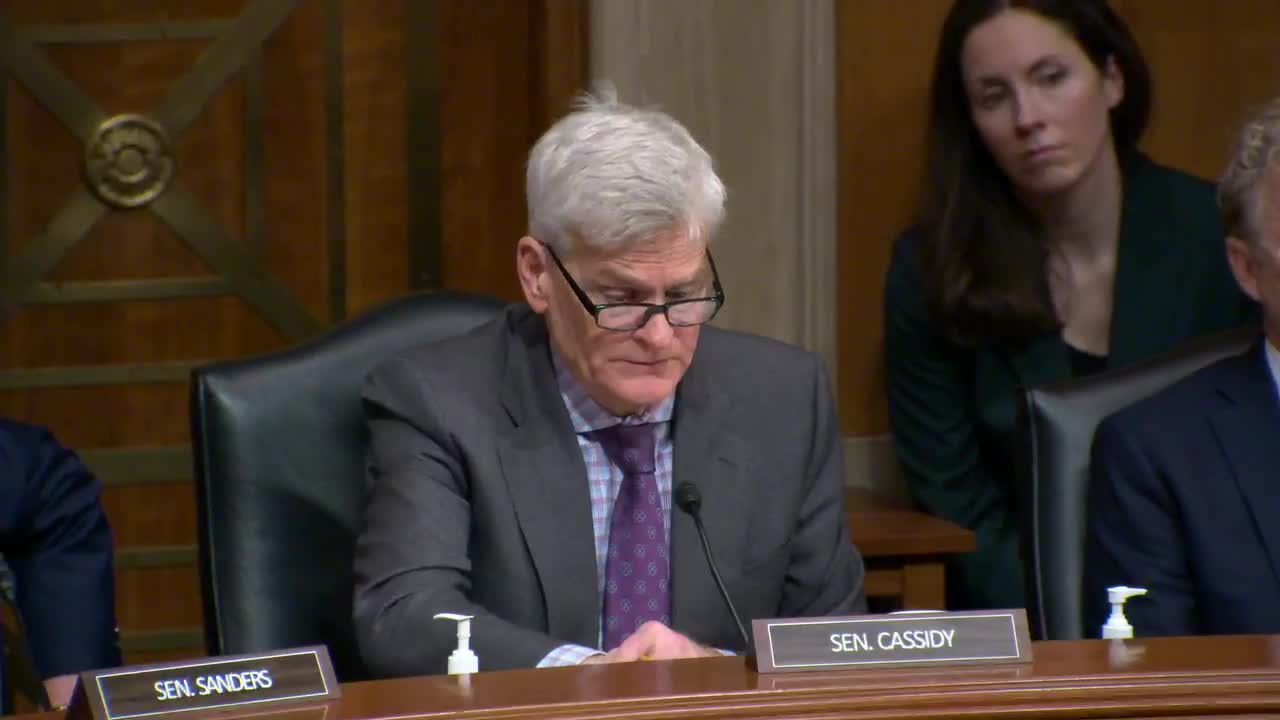Article not found
This article is no longer available. But don't worry—we've gathered other articles that discuss the same topic.

Bhattacharya tells senators he does not believe MMR causes autism but supports broader research into autism causes; pushes NIH emphasis on chronic disease and '

Senators warn NIH funding freezes, staff cuts and proposed 15% indirect cost cap threaten research pipeline

